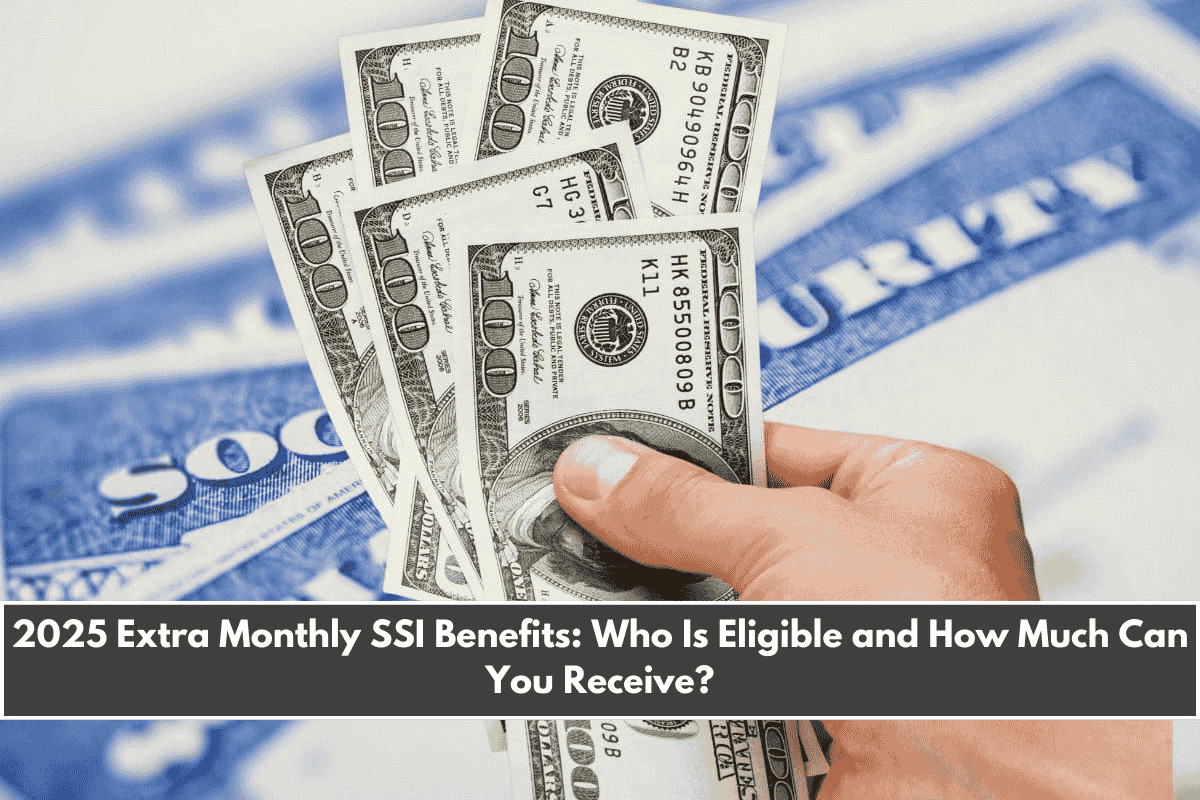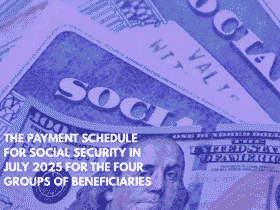For millions of retirees across the United States, Social Security benefits provide essential financial support. However, these monthly checks are often not enough to cover everyday expenses, especially as inflation continues to increase household costs. While the maximum Social Security retirement benefit in 2025 can reach $5,180, only a small percentage of retirees qualify for this full amount.
What Is Supplemental Security Income (SSI)?
To help meet the financial needs of those with limited resources, the Supplemental Security Income (SSI) program offers extra financial support. This federal program is designed for older adults and individuals with disabilities who have little to no income or assets. For eligible individuals, the monthly SSI payment can provide up to $967, making it a valuable source of additional income for retirees.
Who Is Eligible for the Monthly SSI Payment?
To qualify for SSI payments, applicants must meet specific personal and financial criteria set by the Social Security Administration (SSA). These criteria apply whether or not the individual is already receiving Social Security benefits.
Personal Conditions:
- Age 65 or older, or
- Having a recognized disability.
Economic Conditions:
- The applicant must have low monthly income and limited resources.
If you meet both conditions, you may be approved to receive SSI payments. The maximum payment can be up to $967 for single individuals, and up to $1,450 for married couples applying together.
Note: Every SSI application is reviewed individually, meaning the actual payment may vary based on personal financial circumstances.
SSI Eligibility Requirements
| Condition Type | Requirements |
|---|---|
| Personal Conditions | Age 65 or older or have a recognized disability. |
| Economic Conditions | Low monthly income and limited financial resources. |
When Are SSI Payments Sent?
The SSI payment schedule differs from the regular Social Security retirement payments. Typically, SSI checks are sent on the 1st day of each month. However, if the 1st falls on a weekend or a federal holiday, the payment will be issued on the last business day before the 1st.
In some cases, retirees may receive both their Social Security and SSI payments within the same week, particularly if they are in the first group of the monthly payment cycle.
Key Tips for SSI Recipients
- Ensure that you meet all eligibility requirements.
- Submit your application properly to avoid delays in payments.
- Keep an eye on the payment schedule to know when to expect your monthly checks.
For those who qualify, SSI provides a consistent and necessary financial supplement that can help make retirement more sustainable.











Leave a Reply